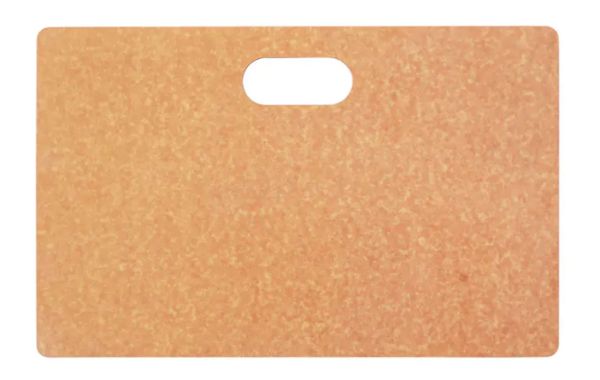In recent years, there has been a growing emphasis on sustainability in the manufacturing industry, including the production of chopping boards. Manufacturers are increasingly adopting sustainable practices to minimize environmental impact and meet the demand for eco-friendly products.
One way chopping board manufacturers promote sustainability is through the use of renewable materials such as bamboo. Bamboo is a fast-growing grass that can be harvested sustainably without causing deforestation or depletion of natural resources. It is also biodegradable, making it an environmentally friendly alternative to traditional wood or plastic chopping boards.
Moreover, manufacturers implement eco-friendly manufacturing processes to reduce waste and conserve energy and water. This includes recycling and repurposing materials, optimizing production efficiency, and minimizing carbon emissions throughout the supply chain.
Additionally, chopping board manufacturers may incorporate sustainable certifications or labels to communicate their commitment to environmental stewardship. Certifications such as FSC (Forest Stewardship Council) or USDA Organic indicate that the chopping boards are sourced and manufactured in an environmentally responsible manner, providing assurance to eco-conscious consumers.
Furthermore, some manufacturers go beyond sustainable materials and production methods by implementing initiatives to support social responsibility and community development. This may include fair labor practices, support for local communities, or partnerships with environmental organizations to promote conservation efforts.
By prioritizing sustainability in chopping board manufacturing, manufacturers not only reduce their environmental footprint but also meet the growing demand for eco-friendly products among consumers. Sustainable chopping boards offer a responsible choice for consumers who seek to minimize their impact on the planet while enjoying quality kitchen tools.








